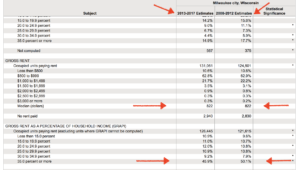For many reasons I’ve felt that much of commercial real estate is a poor investment. From Amazon keeping people out of stores, to increasing work from home arrangements. My daughter does an important job for AT&T. She has worked from her living room for many years, since they closed their main Brookfield office.
Now there is one more reason for companies to abandon commercial space – pandemics .
“It’s a good opportunity for us to test working from home at scale,” said Alvin Foo, managing director of Reprise Digital, a Shanghai ad agency with 400 people that’s part of Interpublic Group. “Obviously, not easy for a creative ad agency that brainstorms a lot in person.” It’s going to mean a lot of video chats and phone calls, he said.



